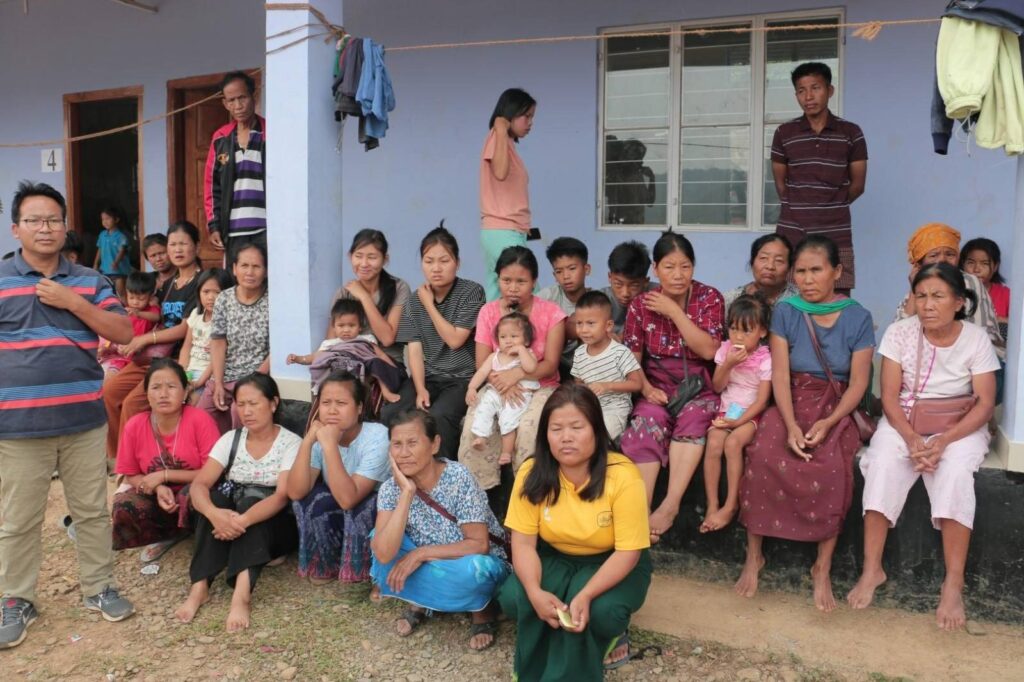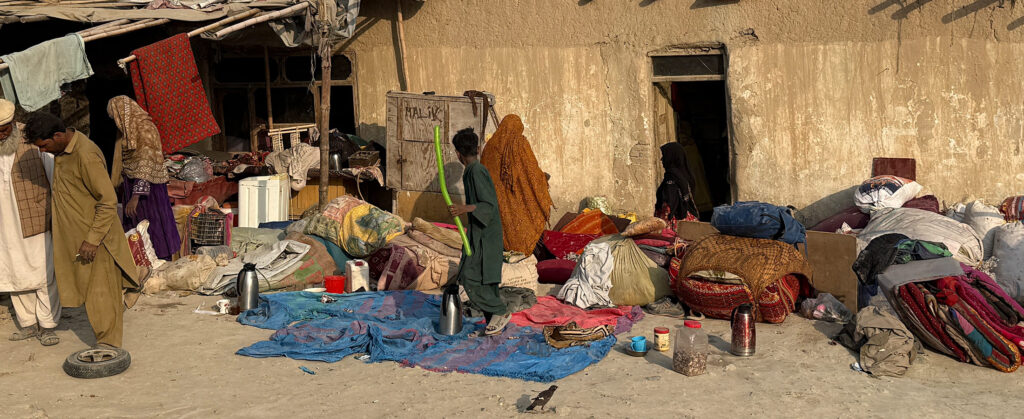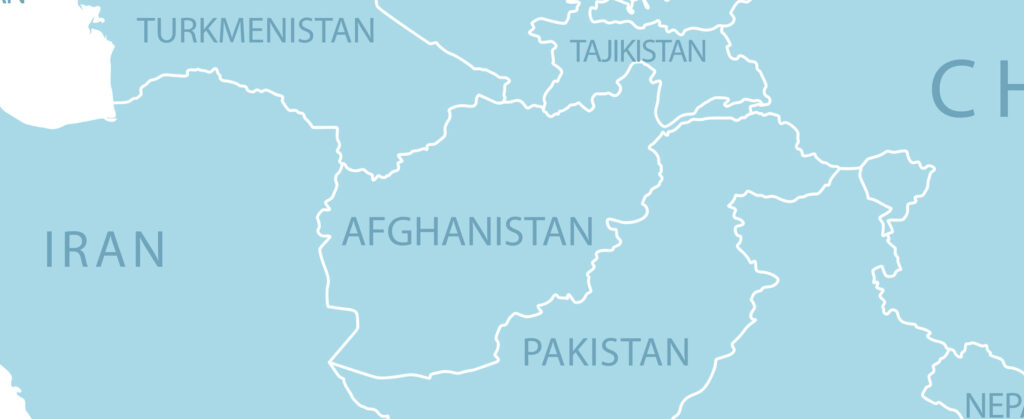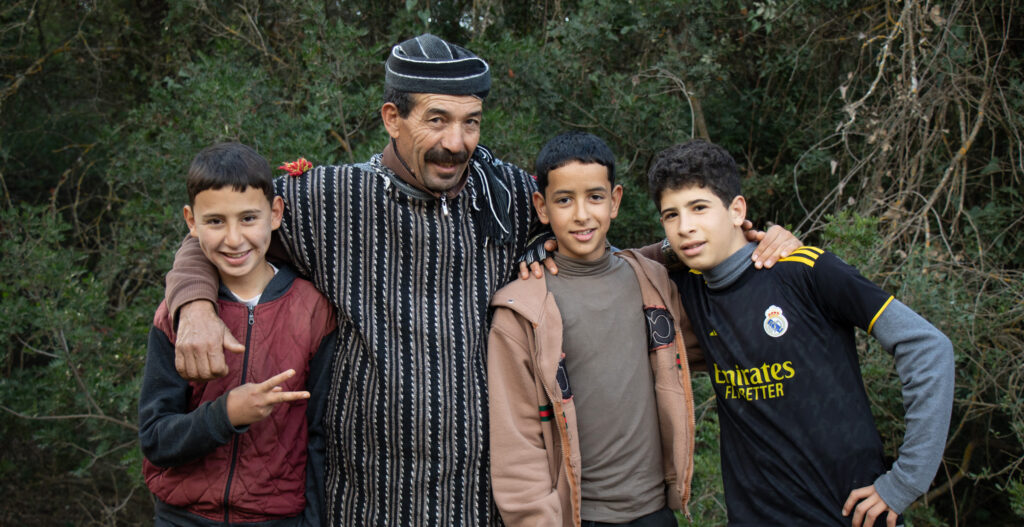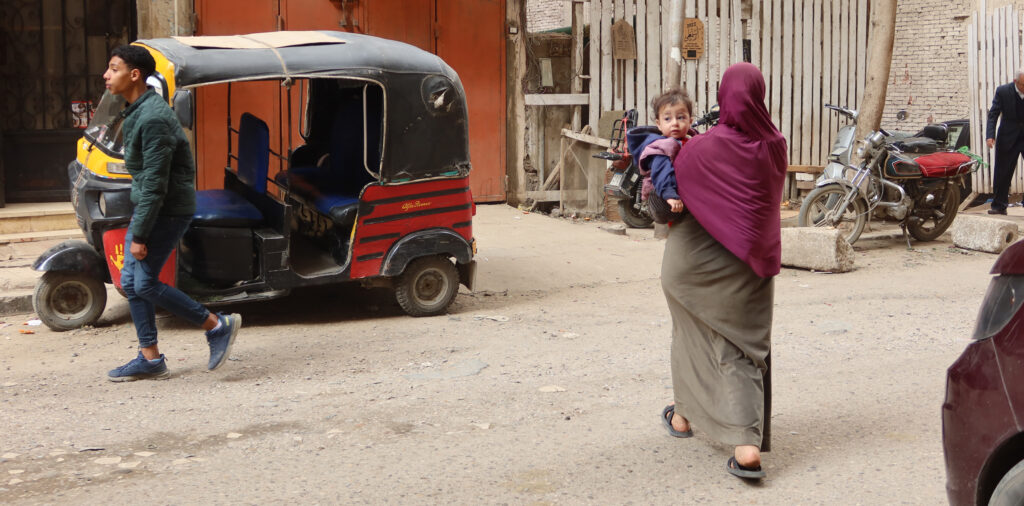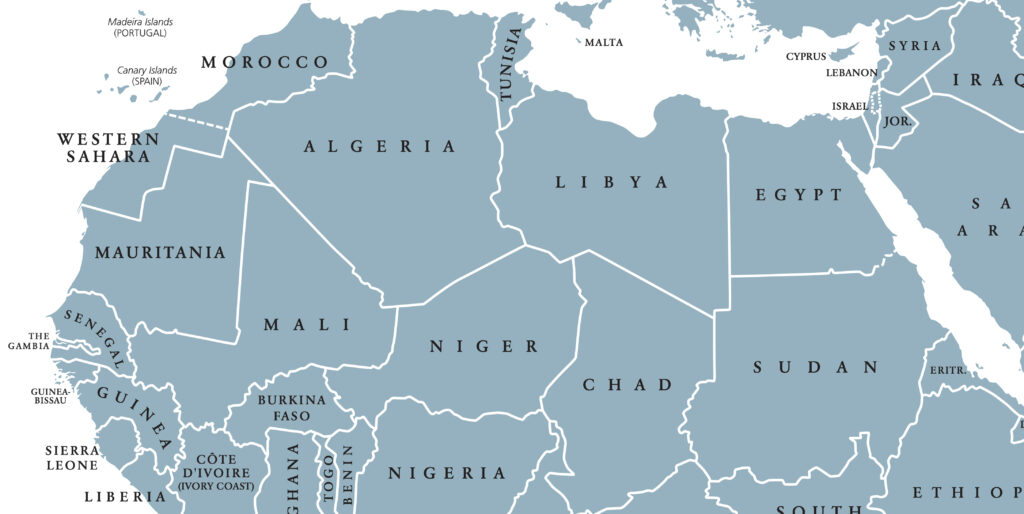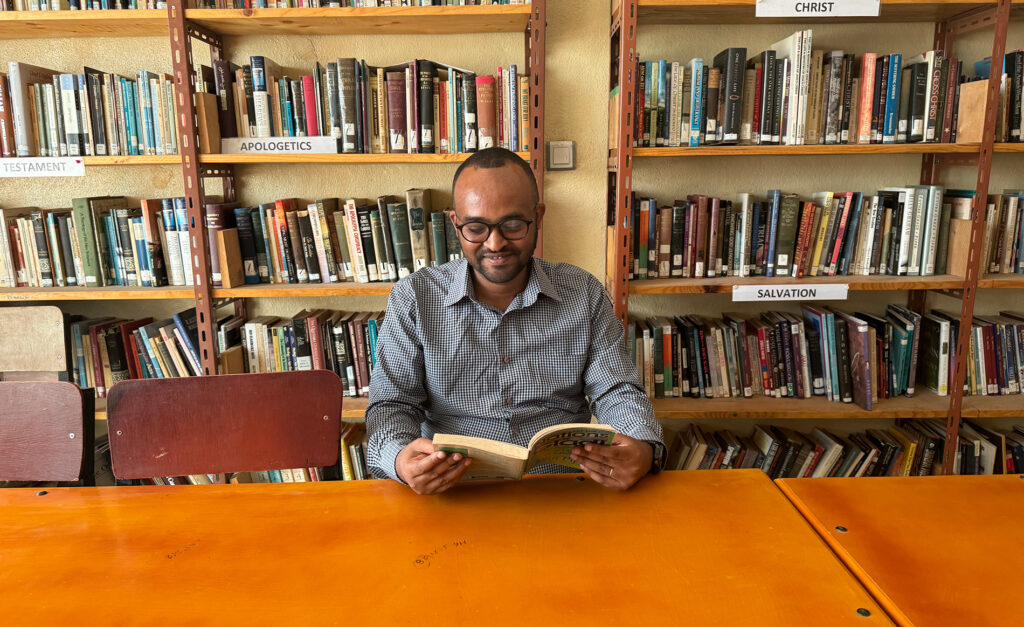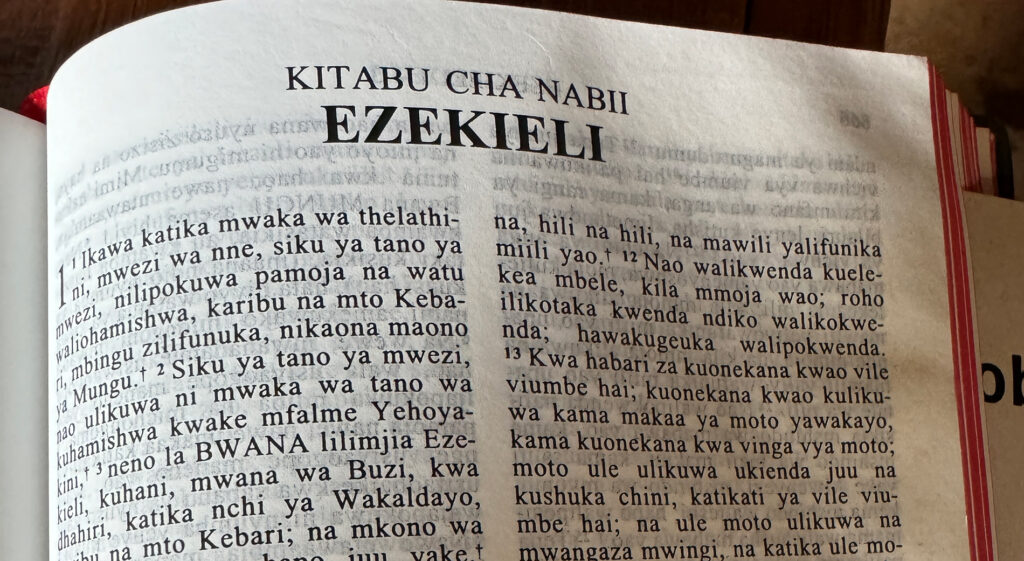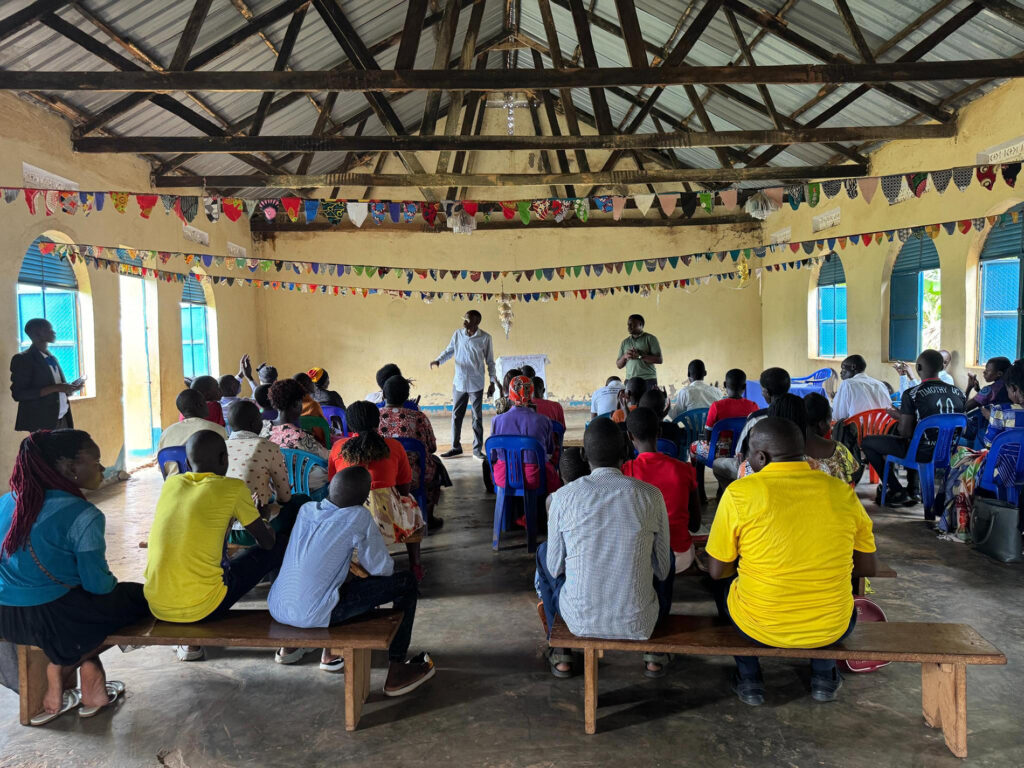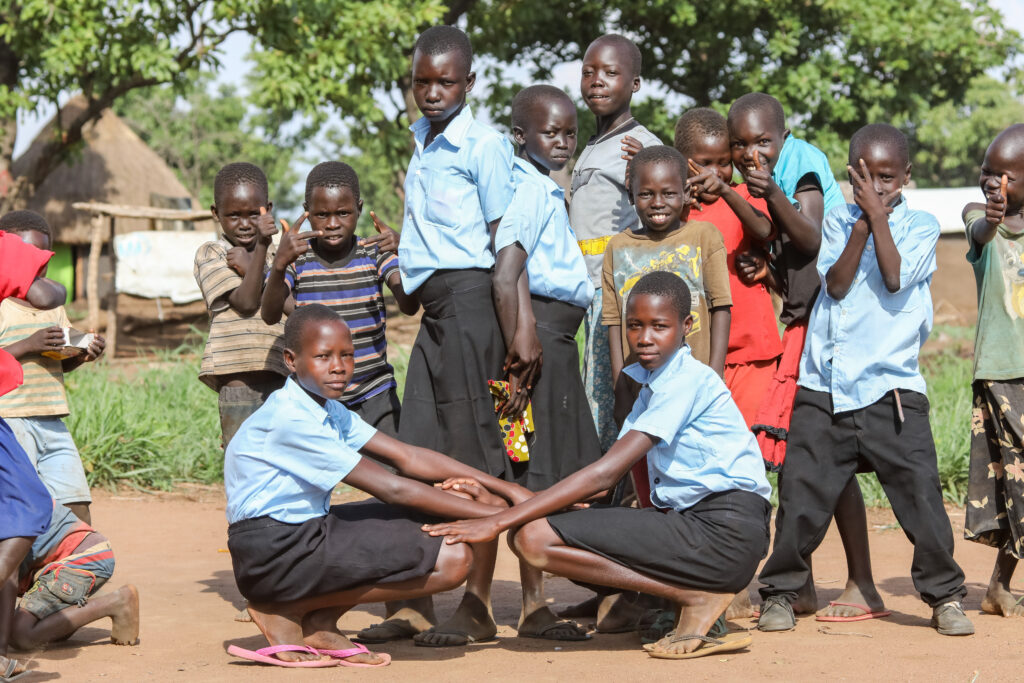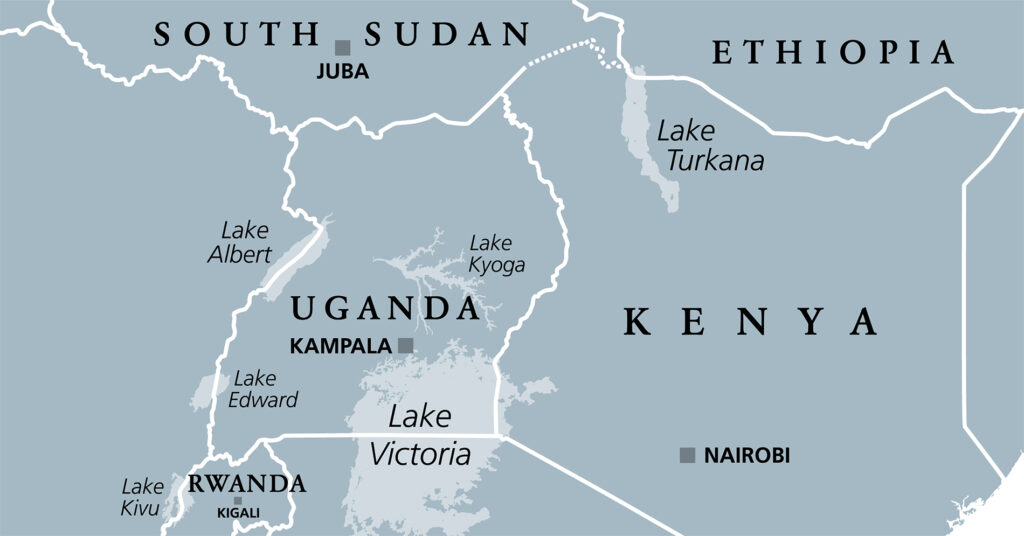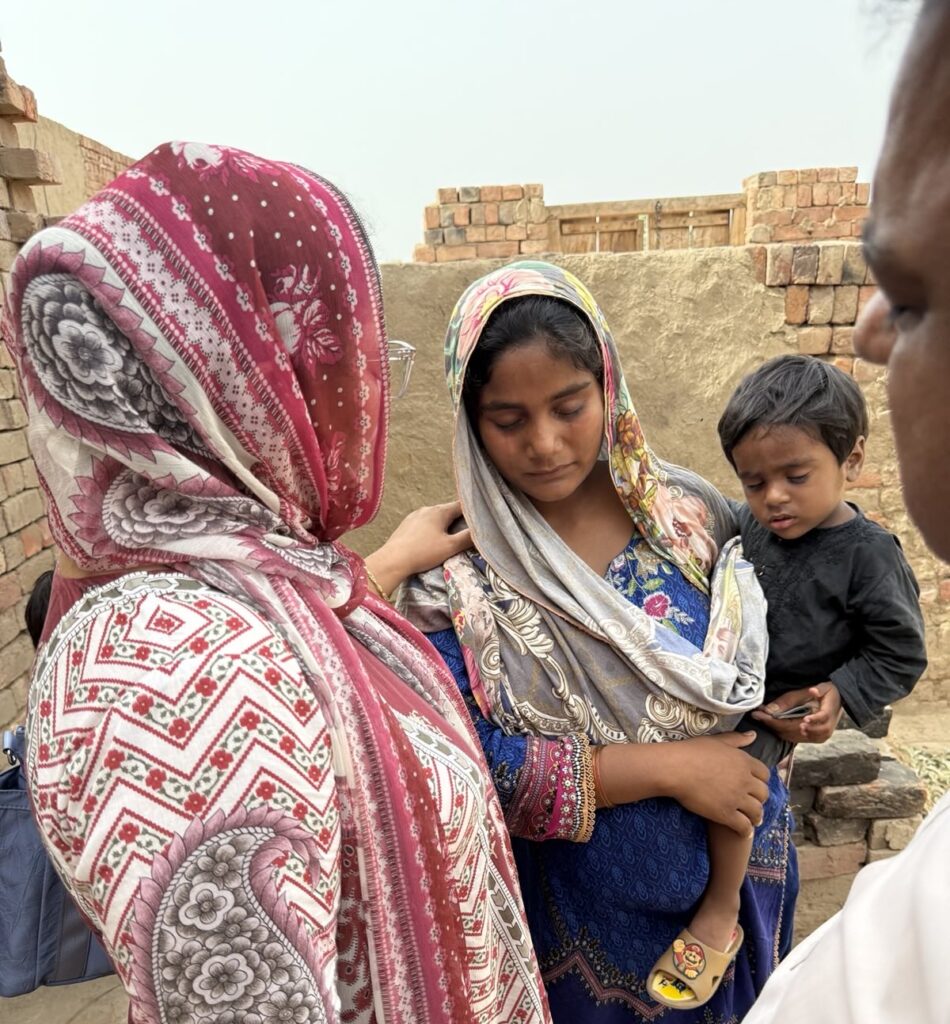Pastor T was on the campus of the Kuki Christian Church and Seminary on the day that everything changed for him in Manipur, India. Around 2:45 in the afternoon on May 3, 2023, a raging mob of more than 500 men approached the campus. Many wore the black shirts of the Arambai Tenggol, a local Hindu extremist group.
With horror, Pastor T watched as Manipur police commandos stood by, while the mob broke into the campus. He bolted as the infuriated mob poured in. The extremists set fire to the church building, offices, a printing press, a library, and the residential quarters.
“From a distance, I secretly watched the burning fire with excruciating pain,” Pastor T said. “The agony will never be erased from my life.”
Afterward, Pastor T fled to another state, where he remains four months later because of the ongoing bloodshed.
With a local election looming, Manipur had been on edge. In response, the Kuki, a mostly Christian ethnic group, had organized ten peace marches across the state, to take place on May 3.
But instead of peace, a civil war broke out.
In seemingly preplanned riots, members of the majority people group, the Meitei, burned homes, churches, institutions, businesses, and commercial buildings. The two groups, the Meitei and the Kuki, had clashed in the past over land rights and other issues, but the difference this time was that the violence systematically targeted Christian homes and institutions.
Large-scale violence, looting and arson continued for three days.
The aggressors did not limit their brutality to Kuki Christians; Meitei Christians were also affected. Nearly all the churches in the densely populated central valley were burned down. Alan Brooks, of the United Christian Forum of Northeast India, told the BBC that more than 500 churches were destroyed in May.
“The victimhood was largely Christian,” Vijayesh Lal, General Secretary of the Evangelical Alliance of India, said. “Meitei churches were also burned.”

Nowhere to Go
Over the next three days, packs of attackers descended, razing entire villages and torching homes. During that time, at least 100 people lost their lives and more than 300 were injured.
Many thousands of people were displaced. Some fled in fear; others were left homeless when their homes were burned. One Indian newspaper put the number of internally displaced people at over 76,000 by May 6.
The day after the attack, the Evangelical Alliance of India (EAI), an umbrella organization representing more than 65,000 churches in India, appealed for peace. By May 5, the EAI was housing displaced people in a nearby building. Three days later, the EAI received Manipur refugees as far away as Delhi. The people had nowhere to go.
In the weeks since, Christians in India have rallied to help the displaced, many of whom are Christians. Believers are providing basic food staples to those in refugee camps, while hosting as many as possible on church properties. Other relief organizations are helping, too, but “the church is doing all we can,” Lal said.
Though it has been four months since the initial outburst of aggression, the brutality has not stopped. There are attacks in the region nearly every day. Police stood by while extremists snatched all the weapons in police armories, and mobs are still using those guns to attack.
“Christians are living in constant fear about being attacked at any time,” a Meitei Baptist pastor said.
He noted that Christians have been unable to gather for worship in the region since the violence began. At press time, at least 130 people had been killed.
The pastor also said Christians were caught between the two sides, as Kukis began fighting back. “We are facing hostility by the Meiteis on the basis that we are Christians and hostility from the Kukis on the basis that we are Meiteis,” he stated.
Prime Minister Narendra Modi, leader of a Hindu nationalist political party, remained silent on the crisis in Manipur until July, when a horrific video surfaced of a mob of 800 to 1,000 men parading two naked women. The Kuki women, a mother and daughter, were fleeing with their family after their village was attacked and burned. The throng killed the two men traveling with them and violated the women. The prime minister finally made a 36-second statement calling the incident one that “shamed India.”
A Unified Church
Several ICR partners are on the ground assisting the affected. They are meeting basic needs with food, shelter, cooking utensils, toiletries, mosquito nets and blankets. But they are also thinking long-term. One group is arranging legal aid, so Christians can file police reports against those who killed family members or looted or burned their possessions. Others are providing trauma counseling for the believers who experienced the violence.
It is unclear right now why God allowed such terrible events to happen. But many people have observed the beauty of believers helping fellow believers.
The church in India has been under increasing pressure for several decades. Instead of giving in to the pressure and dividing, however, Christians throughout the country rushed to bring aid to their brothers and sisters in Christ when the violence broke out.
“What happened in Manipur is awful, but the way that the national church has pulled together to help brings glory to God,” ICR Director Joe said.
